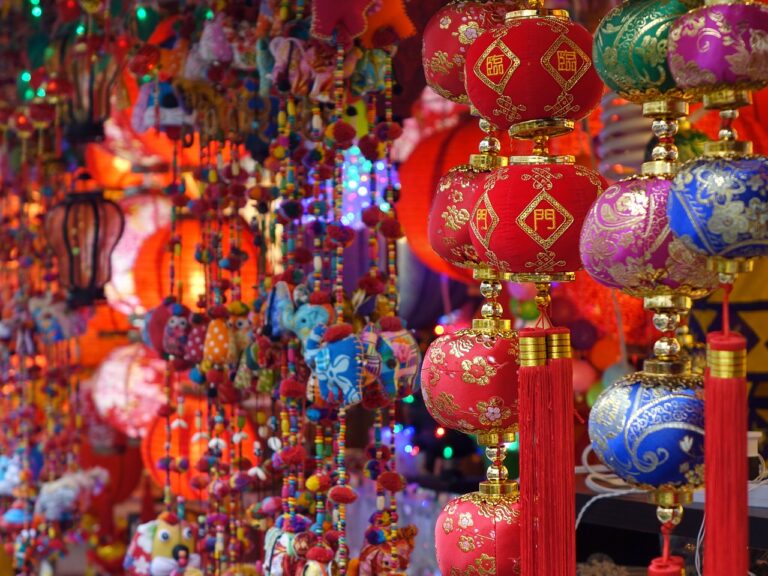The Psychology of Product Scarcity: Creating Demand through Limited Availability
Scarcity plays a pivotal role in shaping consumer behavior. When a product is perceived as scarce or limited in availability, it tends to trigger a sense of urgency and exclusivity among consumers. This psychological phenomenon drives individuals to act swiftly to secure the scarce item, fearing they might miss out on the opportunity.
The fear of missing out (FOMO) that scarcity creates can lead to impulse purchases and heightened desire for the product. Brands strategically use scarcity as a marketing tactic to create buzz and drive sales. By limiting the availability of a product or creating artificial scarcity through limited editions or time-sensitive offers, businesses can tap into consumers’ inherent fear of deprivation and drive purchasing decisions.
• Scarcity triggers a sense of urgency and exclusivity among consumers
• Fear of missing out (FOMO) leads to impulse purchases
• Brands use scarcity as a marketing tactic to create buzz and drive sales
• Limited availability or artificial scarcity can tap into consumers’ fear of deprivation
Understanding the Principle of Exclusivity in Marketing
Exclusivity in marketing is a powerful tool that leverages the psychological concept of scarcity to create a sense of privilege and desirability among consumers. By limiting the availability of certain products or services, brands can instill a sense of exclusiveness, driving up demand and perceived value. This exclusivity can be achieved through strategies such as limited edition releases, invitation-only events, or membership programs that offer access to exclusive perks and benefits.
Consumers are often drawn to exclusive offerings due to their innate desire for uniqueness and status. The sense of belonging to a select group or owning something that is not easily attainable can evoke feelings of prestige and satisfaction. Moreover, exclusivity can also fuel the fear of missing out (FOMO), prompting consumers to make purchasing decisions driven by a sense of urgency and the need to be part of an exclusive experience or community.
How Limited Availability Sparks FOMO (Fear of Missing Out)
Scarcity is a powerful tool in marketing that can trigger a sense of urgency among consumers. When a product is presented as being in limited supply or available for a short period of time, it can create a fear of missing out (FOMO) among customers. This feeling of missing out on a unique or exclusive opportunity can drive individuals to make impulsive purchasing decisions in order to avoid the regret of not being able to acquire the desired item.
Furthermore, limited availability can also enhance the perceived value of a product or service. When something is scarce, it automatically becomes more desirable because of its exclusivity. This exclusivity plays into consumers’ desire for status and uniqueness, making them feel special for being able to access something that not everyone can have. As a result, the fear of missing out on a limited edition item or exclusive offer can significantly influence consumer behavior and drive them to act quickly before the opportunity disappears.
What is FOMO?
FOMO stands for Fear of Missing Out, which is a feeling of anxiety or unease that people experience when they believe they are missing out on a rewarding or satisfying experience.
How does limited availability spark FOMO?
Limited availability creates a sense of urgency and exclusivity, making people fear that they will miss out on something special or unique if they do not act quickly.
How does scarcity impact consumer behavior?
Scarcity can trigger a psychological response in consumers, leading them to perceive a product or service as more valuable and desirable. This can drive them to make a purchase decision in order to avoid missing out.
How can businesses use limited availability to their advantage?
Businesses can use limited availability to create a sense of urgency and exclusivity around their products or services, driving consumer interest and demand. This can lead to increased sales and brand loyalty.







